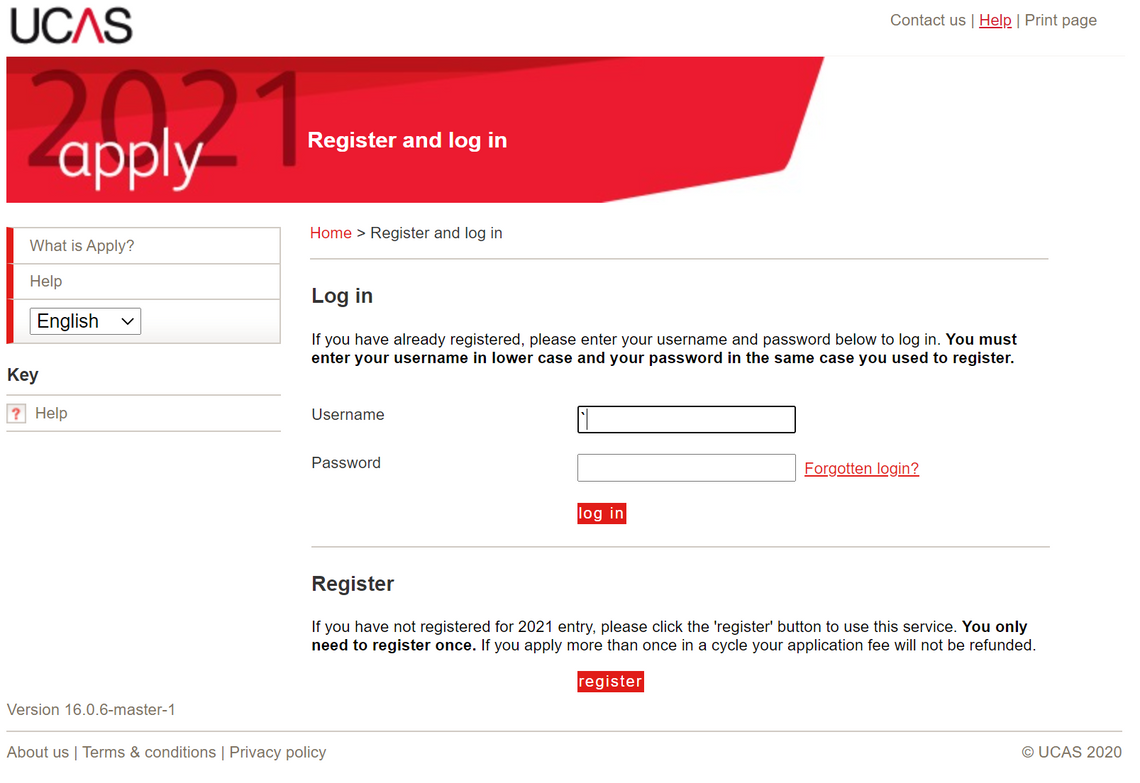Apply to a foreign university with confidence
- Properly fulfilled documents
- Perfect motivation letter
- Support from a personal mentor
- Offers from several universities
Article score: 5 out of 5 (1 review)
Everything you need to know about the British bachelor's degree programs: universities, tuition fees, prospects after graduation and other facts.
Free consultation









Bachelor’s programs in the UK stand out as one of the most sought-after academic pursuits globally. In 2021-2022, more than half a million international students were enrolled at British universities[1]. The educational experience in the UK seamlessly blends high academic standards with market demands, further increasing the appeal of pursuing education at British universities.
Items 1-6 of 722
Advanced searchBachelor's programs at British universities generally span 3 years, with medicine and architecture programs extending to 5 or even 6 years. After completing your university journey, you'll be awarded a bachelor's degree.
British universities offer Integrated Master's programs that combine bachelor's and master's degrees into a unified curriculum. Consequently, after completing education and defending a research project, you will directly receive a master's degree. Integrated programs are especially common in science and engineering faculties. For instance, at Bournemouth University, this pathway leads to a mechanical engineering degree.
The UK employs the CATS system to quantify the study hours of students. One CATS unit corresponds to 10 hours of instruction. Each course carries a designated credit value, with a requirement of 120 credits per year and 360 for a full bachelor's degree. It's essential to note that at British universities, credits differ from their European counterparts, where 1 ECTS equals 2 CATS.
Studying in the UK is rigorous, featuring numerous individual projects and assignments aside from lectures. At the same time, educators strongly prioritize fostering scientific autonomy and critical thinking, which might appear complicated to recent high school graduates.

Secondary education in the UK lasts for 13 years, making direct university entry after the 11th grade not possible. Applicants have several pathways:

For most British universities, bachelor’s applications are processed via the UCAS platform. The process involves registering on the website, completing a form, and selecting programs. The application includes personal details, educational records, work experience, and a personal statement. A fee is also required: 30 USD for a single application and 36 USD for multiple applications[2]. It's possible to choose up to five courses concurrently.
An important consideration during the application process is the grades achieved in final exams, such as A-Level. These are translated into UCAS Tariff Points. Each program stipulates its own minimum point requirement for admission. For instance, Oxford sets a range of 112-168 points, requiring excellent scores in all exams. In contrast, the threshold at Aberystwyth University is 96-120, corresponding to "B" and "C" grades in the exams[3].
For applicants entering after one year of university studies in their home country, attention turns to the GPA and transcript from that year. Ensuring a GPA of at least 4.0 out of 5 is important.
You can begin the UCAS application prior to concluding a preparatory program or your first university year. In such cases, current and projected grades should be indicated. Omitting these details will result in an incomplete application. When you receive the final exam results, they must be forwarded to the university.
Application deadlines vary based on the university and program, making it wise to check them beforehand[4]:
Universities have varying response times, spanning from a few weeks to several months. After successfully navigating the admission process, you will receive an invitation, which can fall into two categories:
If you missed the final deadline for document submission or did not receive a positive response from a university, there is still a chance for enrollment. Certain universities don't admit students during the primary enrollment phase, which leads to the continuation of accepting applications for available slots after June 30th. This process is known as Clearing. UCAS provides details about universities with open slots during the Clearing phase.
After graduating, students will be eligible to apply for the 2-Year Graduate Visa[5]. This allows graduates to remain in the country for 2 years to search for employment.
A British university diploma holds significant global recognition. Graduates from UK universities are highly sought-after employees, as per QS rankings. Securing well-paying employment is more than realistic, not solely within the UK but also across European and Asian nations.
Master’s programs
Master's programs in the UK have a duration of only one year, demanding high admission criteria. Alongside a bachelor’s diploma, applicants must submit a motivation letter and multiple teacher recommendations from their university. Depending on the nature of the master's program, a portfolio (for creative programs) or a research project proposal (for research programs) might also be required.
60+ countries
we work with
$1,000,000 saved
by students through scholarships
6,400 offers
our students got